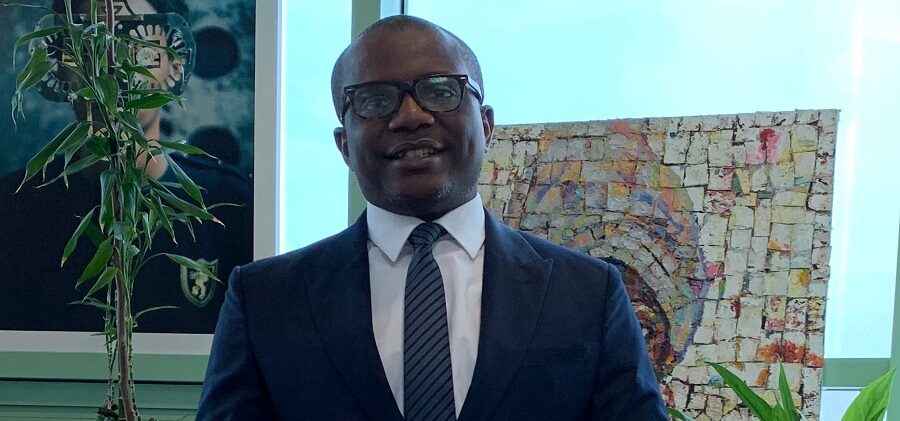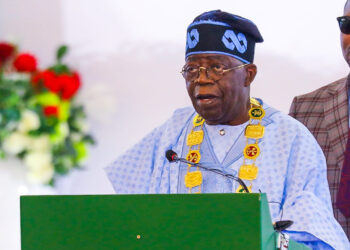In the intricate dance of attracting Foreign Direct Investment (FDI), policy plays the role of choreographer.
As illustrated in the process of Company A’s expansion, from CEO strategy to governmental negotiations, the journey from conception to realization is meticulously planned and executed.
This elaborate process unveils the strategic calculus behind FDI, emphasizing that it’s more than mere serendipitous encounters or presidential charm. Nations vying for investment must not only create conducive environments but strategically communicate them, recognizing that the decision-making process of companies is driven by rigorous analysis and opportunity assessment
The process of attracting Foreign Direct Investment (FDI) is complex and unfolds in specific ways:
- Company A seeks to expand. It needs to grow. The CEO will submit a multiyear corporate plan to invest, for example, $3 billion to drive topline growth to the Board of Directors. The Board will consider the plan, and if they are satisfied, they will approve it. In most cases, the CEO’s agenda is shared with shareholders in broad detail.
- The head of the business unit will review target market macroeconomics and investment policies, and submit a corporate growth strategy drawing from the CEO’s multiyear growth plan to invest $600 million in Country A, seeking the CEO’s approval. The CEO then seeks concurrence from the Board. The specific market plan is not shared with shareholders and remains internal.
- The Board considers and approves the country-specific request. The CEO is authorized to invest, for example, $600 million from retained earnings, debt, or equity, according to the Board’s approved multiyear plan. Details can be shared at a high level, e.g., “Multinational A to invest $600 million in an African push.”
- The CEO agrees on a timeline and funding with the Executive in charge of the business unit. Appropriation is inserted into the annual budget, and the President of the business unit now has operational approval to spend on that project in that market.
- With approval in hand, the business head initiates conversations with the host nation on scope, cost, and regulations surrounding investment in the host nation. These conversations occur from the senior manager level to the host government official level and are usually kept private.
- If talks progress or are stalled, private companies can lobby politicians to intervene. If all goes well and a material deal is agreed upon, the CEO and State or President are involved in a discussion on how the agreement will be announced.
Personal visit? Announced at Davos? It’s all strategy.
Companies do not decide to invest simply because they encounter a President who informs them about a new policy in their nation to attract FDI. The company’s strategy team already possesses that information. The strategy team is searching for opportunities globally to grow, but you can advertise to attract their attention.
Nations seeking investment must not only build a “conducive environment” to attract FDI but also strategically communicate that “conducive environment” so that strategy teams take notice. Hence, nations run ads on CNN and attend trade shows.
When a president flies to, for example, Davos, it’s usually to conclude a deal, not initiate one. The steps outlined from 1 to 6 may have already occurred. Most deals that are worth the visit of a president require board approval; they don’t happen during a conference.
Instead of flying everywhere to seek investors, governments are better placed to determine the decision-making process for companies they are targeting to invest in their nations. Thus, if one wants to attract investment from the IT ecosystem, a team of consultants should review IT companies’ investment plans and budgets.
A proposal from, say, Airbus will involve negotiation with the EU and labor unions and would be very different from negotiation with Tesla or Nike
Key points:
- Companies seek out opportunities, so a nation must give itself a chance by passing laws and policies to attract investors.
- The FDI investing process is long and tedious and can’t happen over tea in Davos. The governor can’t fly into the city, spend a week, and return with investors.
- It’s a beauty contest; companies want to grow and pick winners their shareholders agree with. Thus, it is “safe” to select India or Ireland as the manufacturing hub but risky to invest in “Eritrea” even if it’s cheaper.
- The ability of the political leadership to chase down and close deals is essential. Understanding where a project is on the decision value chain is fundamental; you can’t introduce your political heavyweights too early or too late.
- FDI is policy-initiated but closed by personalities and positive stories.
- Branding is essential. Your nation can be tagged as a destination for relaxation but not business. Tell your story; be specific.
























